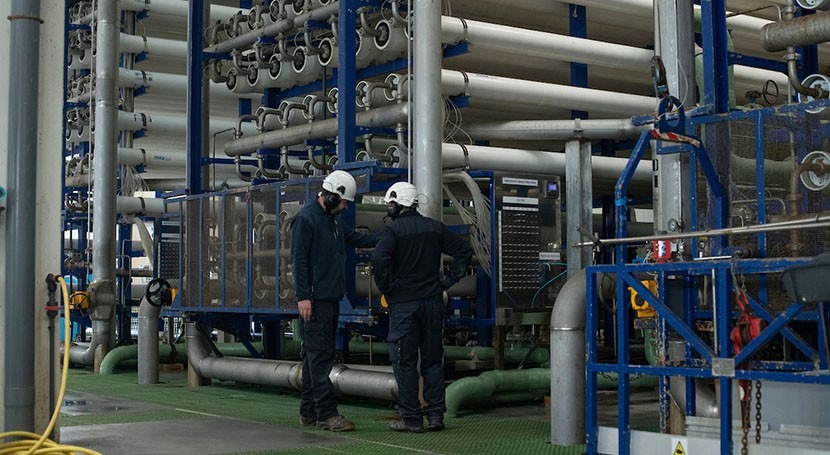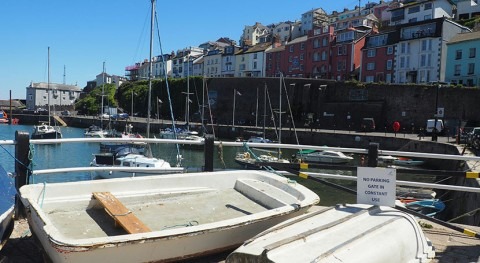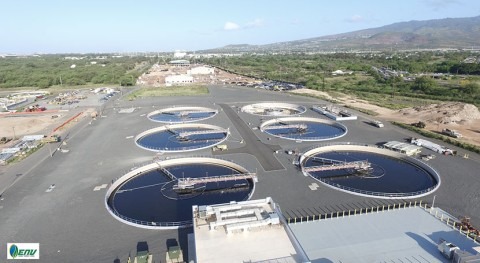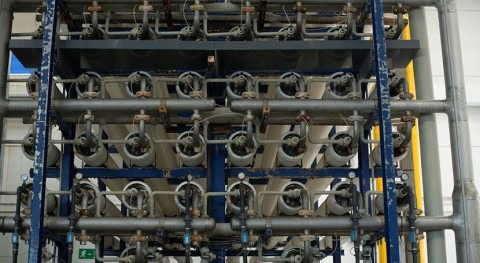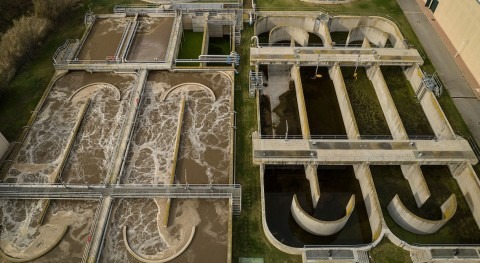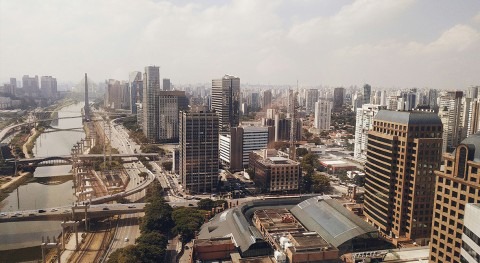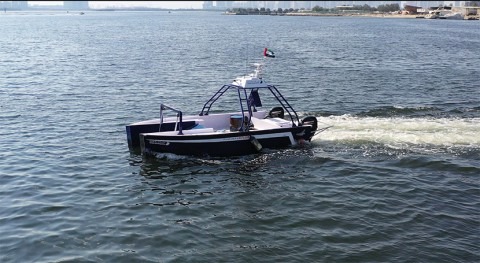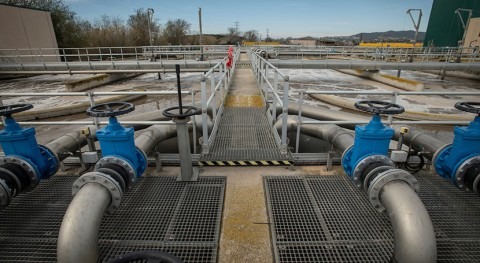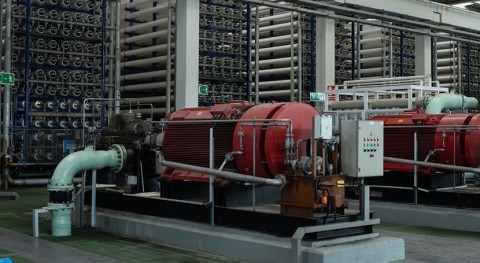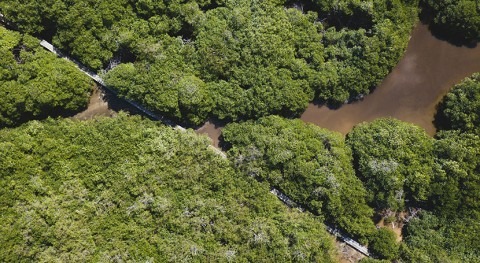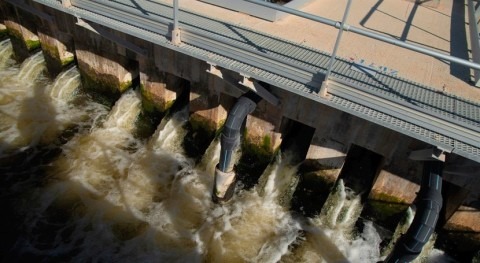Regional authorities of Catalonia, Spain’s drought-stricken region, announced they will acquire mobile and floating desalination plants to guarantee and reinforce the water service to the population in the areas most affected by the drought.
The aim is to have the necessary infrastructure available if the current weather conditions do not improve, thus avoiding implementing even more severe restrictions on the water usage.
According to the Government of Catalonia, the new infrastructures will provide service while the works planned by the Government to increase the availability of drinking water are being addressed, works that will allow the metropolitan region of Barcelona not to depend on water from reservoirs for its supply by 2030.
In this way, "Catalonia is shielded against the permanent lack of rainfall and the Government provides the country with the necessary instruments to protect itself against the drought we are experiencing," said the Catalan government spokeswoman Patrícia Plaja during a press conference.
In the north of Costa Brava, 12 small mobile desalination plants will be put in place, which will provide 1,000 m³ per day, covering 35% of the water consumption of more than a dozen municipalities.
Meanwhile, in the city of Barcelona, one large floating desalination plant will be installed, with a capacity to generate 40,000 m³ per day, equivalent to 14 hm³ in a year, 6% of the current demand of the metropolitan area of Barcelona.
In the north of Costa Brava, 12 small mobile desalination plants will be put in place, which will provide 1,000 m³ per day
The Port of Barcelona has the facilities prepared and has also agreed on the location of the desalination plant and the connection of the water transport pipeline.
Nevertheless, the floating Reverse Osmosis facility will not be operational until the city enters the next drought emergency, which is not expected until October.
The 12 mobile desalination plants will cost approximately 10 million euros and each is expected to produce 1,000 m³ per day.
This initiative effectively eliminates the necessity for water tanker ships to deliver water to Barcelona.
"Transporting water by ship from outside Catalonia is no longer an option as we now have more practical, efficient and better alternatives," Patrícia Plaja added.
David Mascort, Climate Action Minister, also highlighted that this measure is "more cost-effective and environmentally sustainable" than using ships.
"The amount of water we will obtain with [the floating desalination plant] is much higher, we could say more than double, compared to what we would get by bringing in water tanker ships, and it is also much cheaper," Mascort said.

